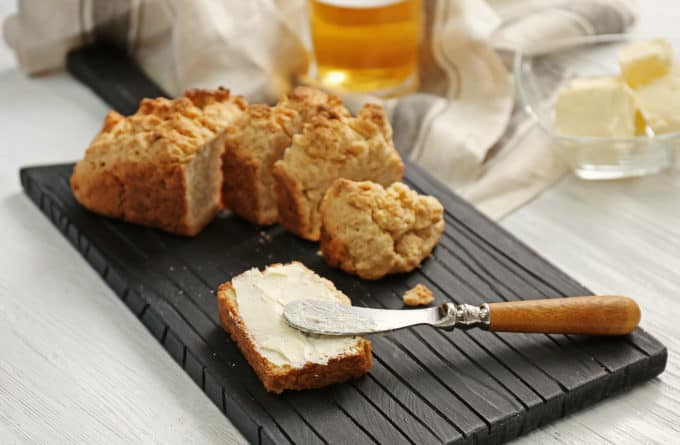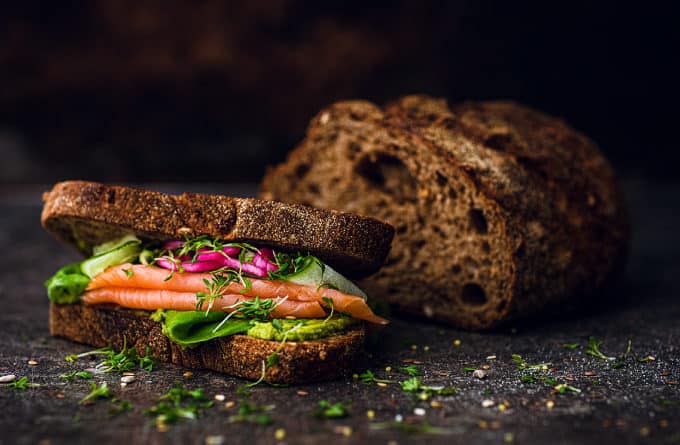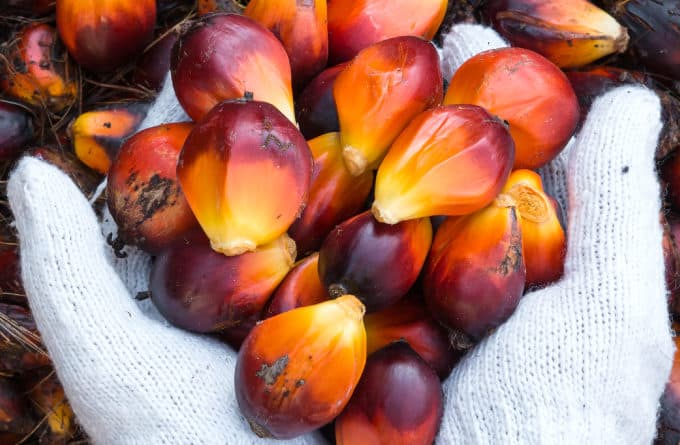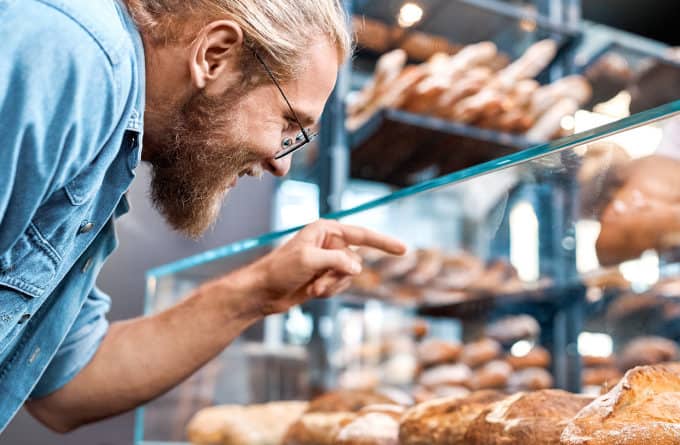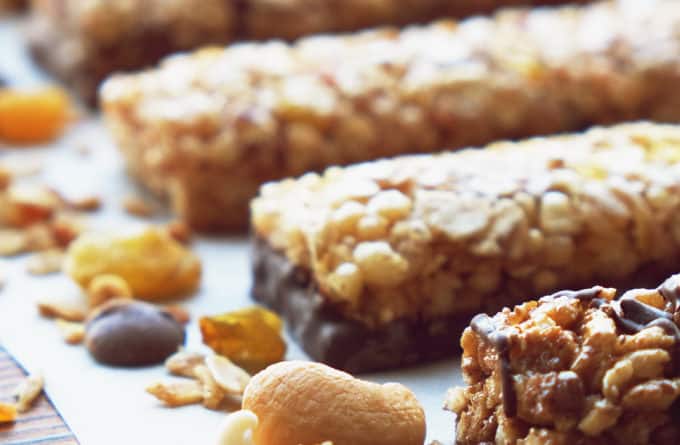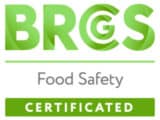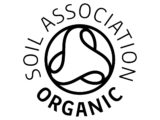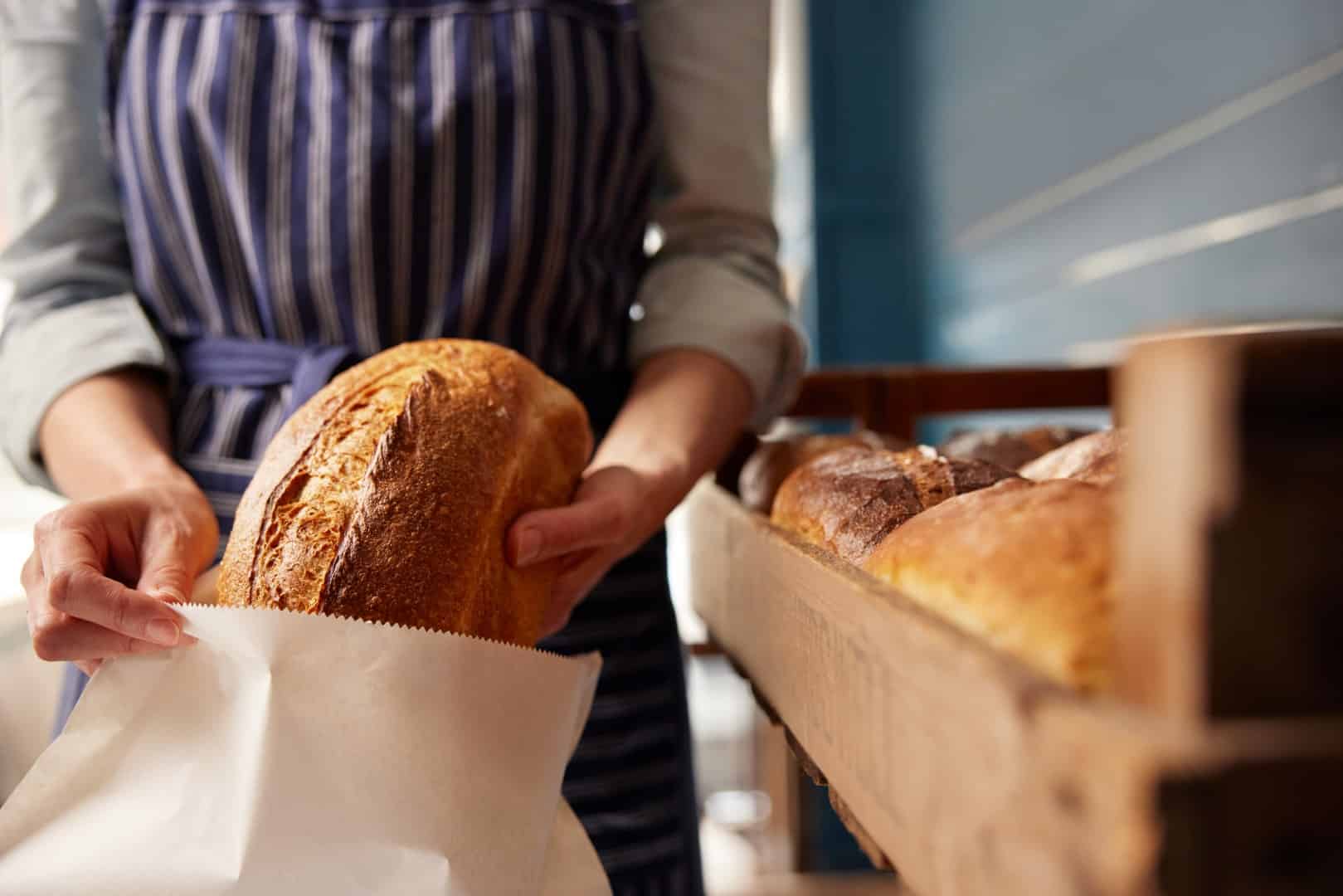
With increased costs and prices taking a toll on bakery businesses and consumers, it’s more important now than ever to save costs wherever you can in your bakery. From sustainable ingredients to using renewable energy, there are many approaches you can take to reduce costs while helping the environment at the same time.
Reducing food waste to reduce costs & protect the planet
To reduce costs and help the environment, take a look at different areas of your business to see where food waste is generated. Then you can take appropriate action to reduce or eliminate the food waste created. One way this can be done is using pre-mixes which can help minimise the wastage of ingredients. Not only can this help reduce waste but it can also help your bakery seamlessly achieve consistent quality across a range of products.
Any leftover or made-for-donation products can be supplied to food banks to eliminate unnecessary food waste and you can help your local community in these difficult times. The Trussell Trust for example offer an excellent tool online for locating your local food bank and contribute to the 2.5m emergency food parcels distributed to people in crisis within The Trussell Trust network each year*.
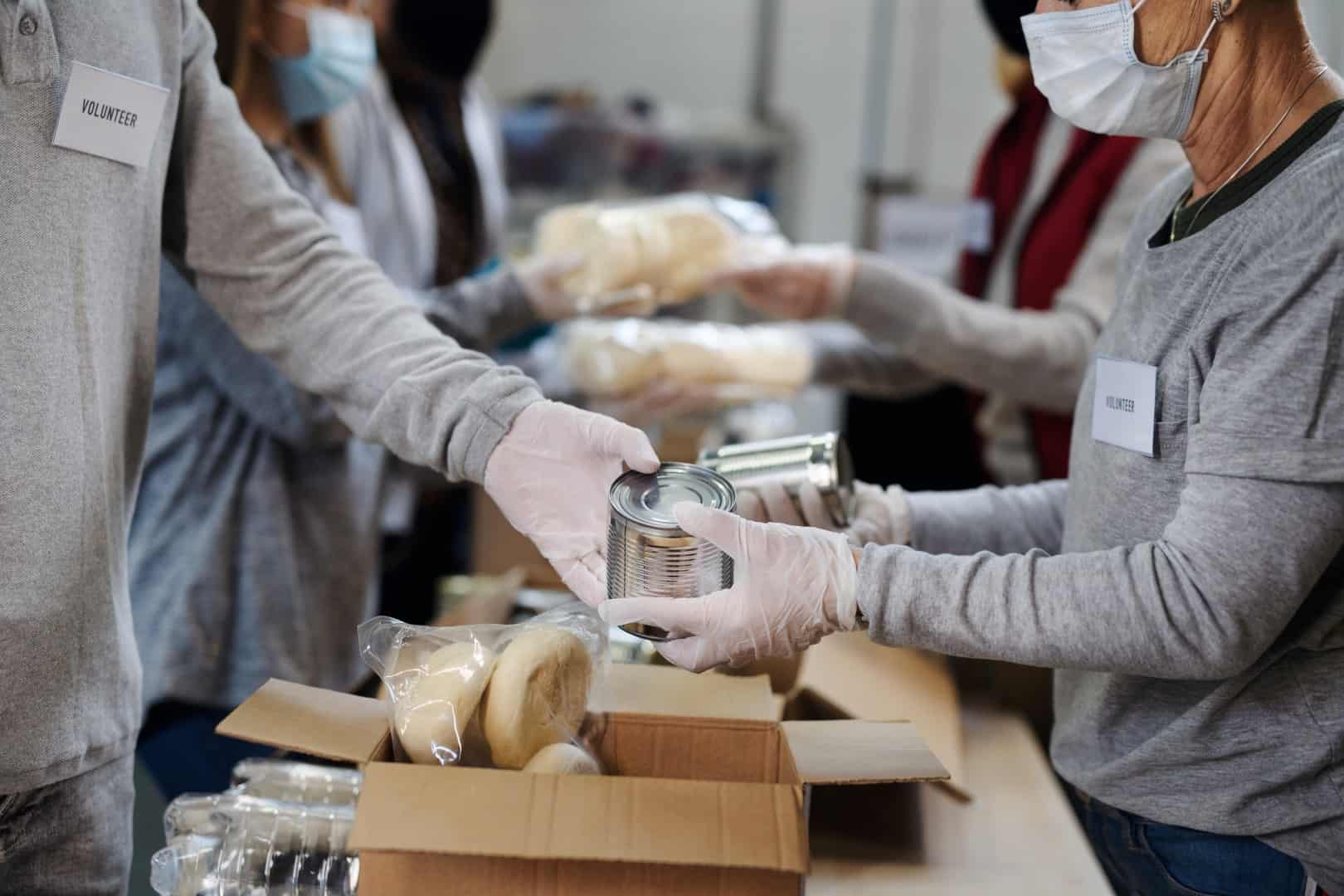
Also, recycling as much as possible helps to reduce waste in landfills and is better for the environment. In the same vein, returning cardboard, plastic and other returnable and recyclables to recycling stations allows a more sustainable solution to the problem of packaging waste. Contacting waste contractors that collect food waste and use anaerobic digestion technologies to convert it into renewable energy is another environmentally friendly way to dispose of food waste in a sustainable manner.
Get Bakels articles delivered to your inbox
Switch to renewable energy & electric delivery vehicles
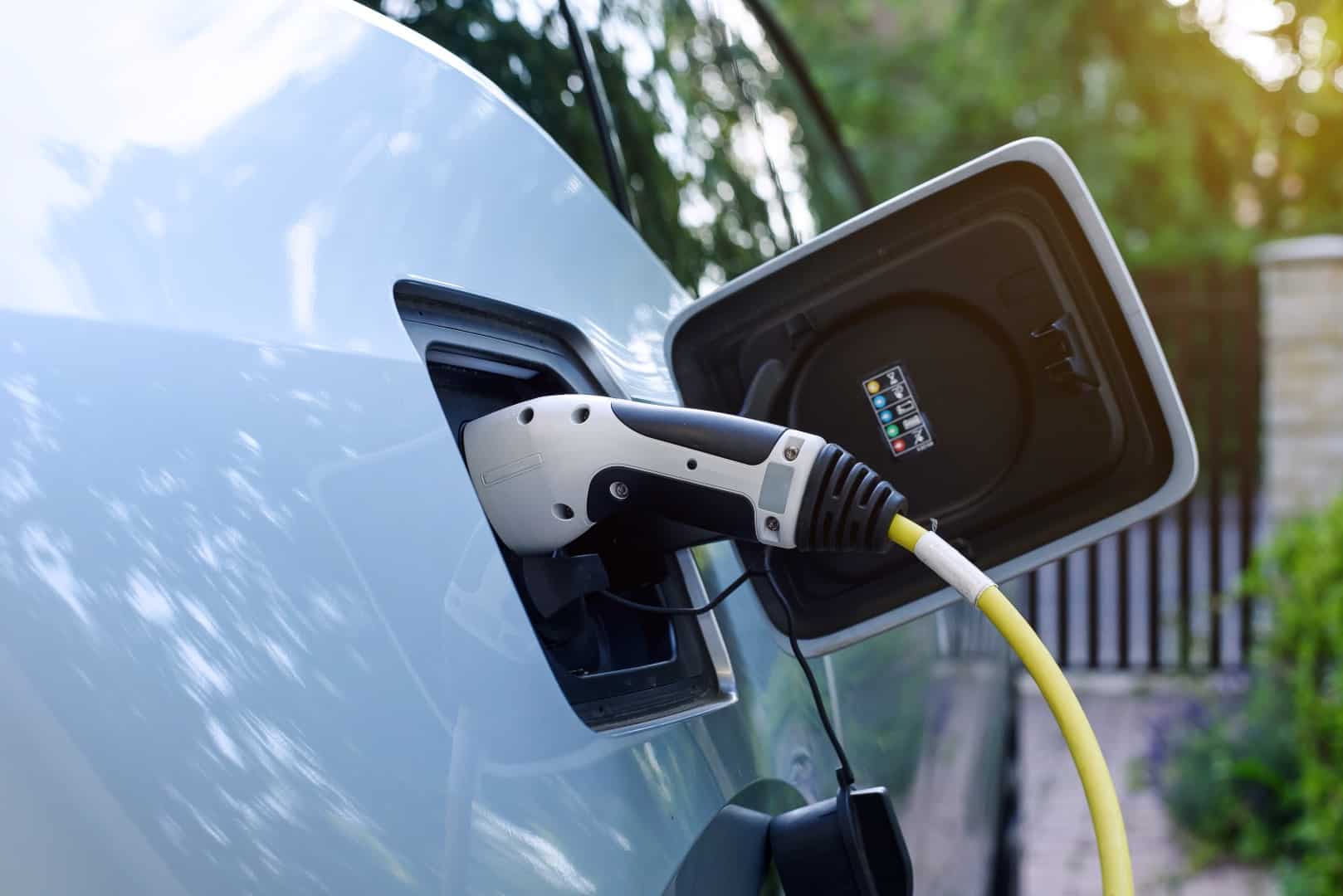
With the current spike in energy costs and predictions of further increases in the near future, it’s important to manage your energy wherever you can. Here is a list of things you can do to reduce energy costs in your bakery:
- Switch to renewable energy, solar power and air-source heat pumps – Investment today will maximise your cost savings in the long term.
- Rooftop panels will make your business at least partly self-sufficient on electricity.
- Open windows instead of air-con in warm weather reduces running and maintenance costs.
- Change to LED lighting on timers and motion sensors so lights only operate with people present.
- If you don’t have automatic meter readings, you can monitor electricity usage with sub-metering or data loggers.
- Control door openings using air locks or air curtains so you can retain expensive heat in busy areas and adjust back-office thermostats and timers.
Another way to help reduce energy costs and lessen your environmental impact is to update your transport arrangements. If your bakery provides a delivery service, find ways to lower your food miles by reviewing delivery times and frequency to reduce your carbon footprint. Delivery vehicles that do under 60 miles a day can be converted to electric to help lessen fuel costs. Installing EV charging points, using lower emission or electric company cars and using wind or solar energy for charging points are all ways to lessen your carbon footprint.
With UK weather being as rainy as it is, you can use rain to good use by harvesting it to wash your vehicles. Also, encourage staff to walk, cycle or car-share.
According to the International Renewable Energy Agency (IRENA), renewable energy generation costs have fallen sharply over the decade and the cost of electricity from solar and wind power has fallen to low levels. So while these methods will require an upfront investment, you’ll be able to reduce your energy costs in the longer term and save more money. There are many government initiatives and grants, as well as resources from Ofgem and FSB, that can help your bakery go green in the most cost-effective way possible.
Use sustainable palm oil or go palm oil free to reduce the environmental impact of its production

With environmental factors front and centre in consumers’ minds more than ever, palm oil free is an increasing trend. While palm oil itself is a good raw material, there are sustainability issues around it due to the environmental impact of its production in some countries. The UK’s National Food Strategy, published in August 2021, is promoting an increase in palm-free products or sustainably-sourced palm oil. As it happens, bakery businesses are leading the way forward here as the category with the majority of market share for sustainable palm oil claims (44 per cent), according to Innova Market Insights; Global, Apr 2020-Mar 2021.
On this topic, British Bakels are formulating more and more ingredients which do not contain palm oil. Take the range of True Caramels for example – half of which are free from palm oil, without compromise on quality. Our Chocolate Millionaires Caramel is also made with responsibly-sourced Rainforest Alliance-certified cocoa.
Create more dairy-free & vegan bakery products

Looking longer-term at sustainability practices, it will be increasingly important to include dairy-free products and vegan products in your bakery range. Currently, it simply isn’t sustainable to continue eating animal products at the level we do worldwide because of the health implications and the problems of feeding a growing world population.
Most importantly in terms of sustainability, the issue with consuming animal products is the impact it has on the environment. As cited by food awareness organisation ProVeg International, the UN’s Intergovernmental Panel on Climate Change (IPCC) states that one of the biggest individual contributions to reducing emissions is to adopt a sustainable, healthy diet, with the moderation of meat and dairy intake through a plant-based diet. Reducing meat consumption is a vital measure to tackle the climate crisis. With the global food system responsible for about one-third of global greenhouse gas emissions, animal-based foods are accountable for the largest share.
According to the journal Nature Food, the global gas emissions from animal-based foods are twice those of plant-based foods, responsible for about 20 per cent of the total figure. Adding to the argument about changing our diet for environmental reasons, the UK’s National Food Strategy recommends a 30 per cent reduction in national meat consumption and a 20 per cent increase in fruit and vegetable intake. Your bakery can help lower global gas emissions by providing more plant-based bakery ingredients. Bakels expanding range of suitable ingredients assists bakers in not only providing quality plant-based finished goods, but equips them with versatile tools to offer whole host of tasty plant-based products.
Sustainable packaging for your baked goods
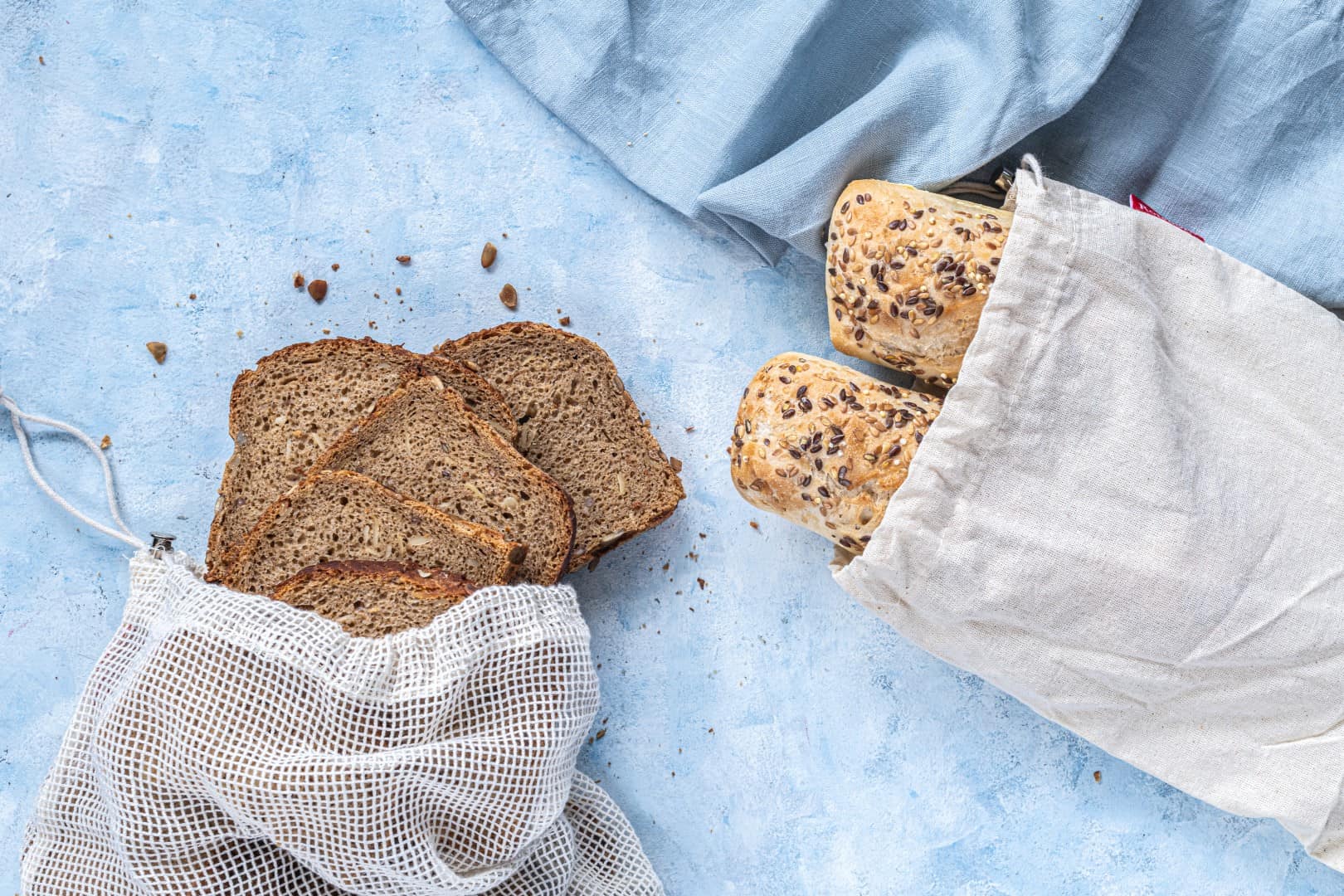
As well as implementing sustainable practice in the production of your baked goods, supplying to customers in planet-friendly packaging is also a good contributor to greener processes.
In a survey by Innova Market Insights, 57% of consumers selected 100% compostable packaging as a packaging innovation which they found most interesting**. While colourful packaging might catch the eye of consumers, it is increasingly common that the more sustainable plain brown options is a positive factor to encourage consumers to repeat purchase.
Nothing new for many supermarket shoppers, but reuseable branded bags are a good option for your customers to buy too. Draw-string bags for bread loaves or block-bottom bags for more delicate sweet goods might be an attractive option for your regular customers, to reduce single-use packaging.
Invest in sustainable cleaning products to save costs & reduce chemical waste
From ‘prep’ areas and bakeries to effective ingredient segregation and clean-down, your bakery needs an environmentally conscious culture which reduces cleaning waste and uses sustainable cleaning products.
Perform a risk assessment of your schedules and act accordingly, ensuring correct dosing measures are applied at the right frequency. Review your cleaning products and find the most effective solution for your bakery, such as automatic dosers for hand sanitisers. It’s important to note that most chemical wastage is through incorrect dilutions and lack of training in their usage.
To save some money, try and avoid buying cheap cleaning chemicals as they often have high volumes at higher dilution rates which make you use more while thinking you’re paying less. Using eco-friendly cleaning products and finding ways to reduce the areas that need cleaning can help you save pennies while helping the environment. For example, automatic doors don’t have hands touching them so they don’t need cleaning as often.
Looking for a partner to help you save costs and become more sustainable?
At British Bakels we work tirelessly with bakery businesses to ensure you can fulfil your customers’ expectations. Want to know more about using sustainable ingredients? Speak to us to find out how we can support your efforts to ensure you and your customers can help the environment while reducing costs.
British Bakels helps your bakery stay ahead by offering you the newest ingredients, recipes and insights. Sign up for our email newsletter to stay up-to-date.
*Between 1 April 2020 and 31 March 2021.
** Innova Packaging Insights 2021


